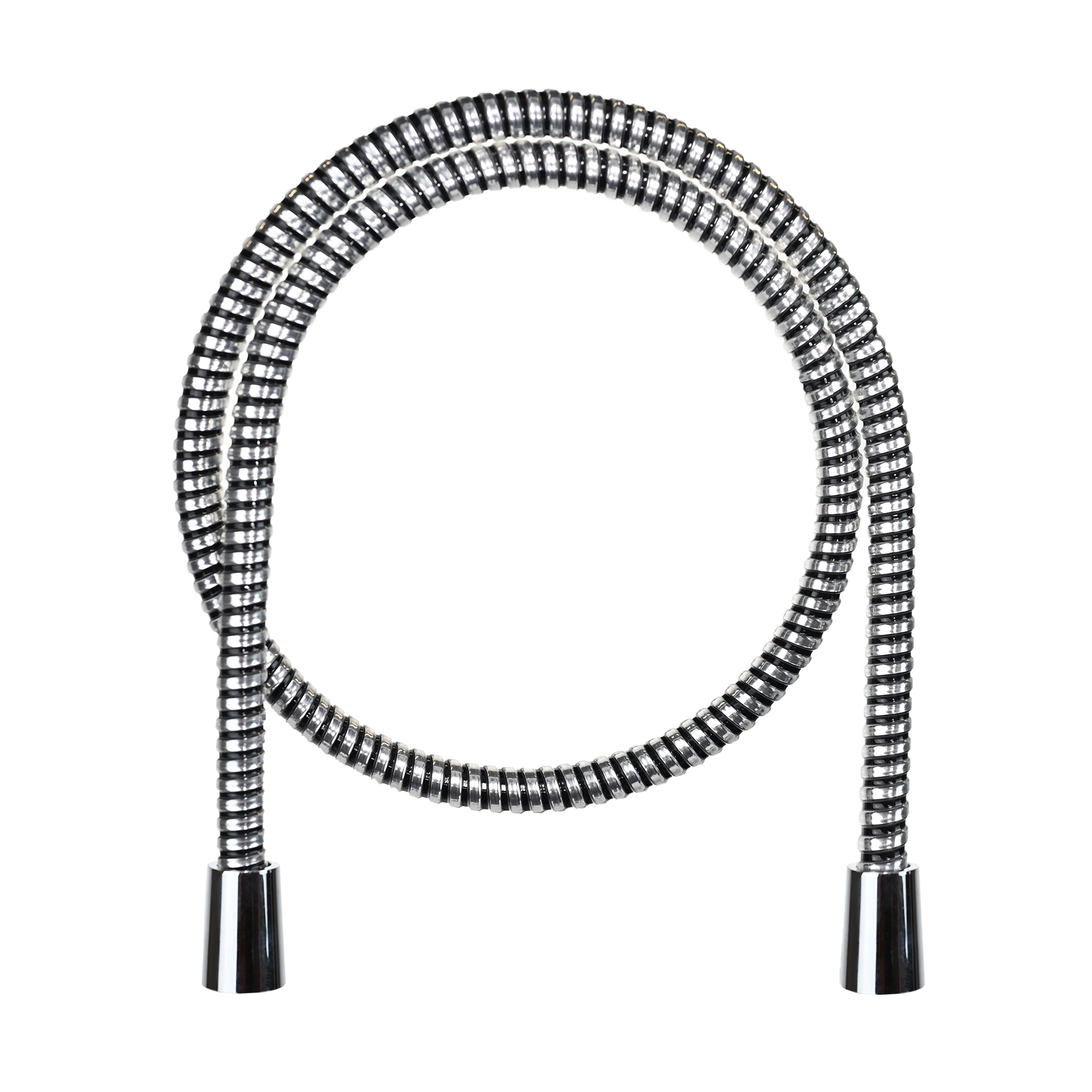Sustainable Solutions for Modern Plumbing: PVC Pipe Innovations Transforming the Industry
Release time:
Sep 26,2024
Summary:Sustainable Solutions for Modern Plumbing: PVC Pipe Innovations Transforming the Industry
Table of Contents
Introduction to Sustainable Plumbing Solutions
The Importance of Sustainability in Plumbing
Overview of PVC Pipes
Environmental Benefits of PVC Pipes
Cost-Effectiveness of PVC Innovations
Technological Advancements in PVC Pipe Production
Practical Applications of PVC Pipes in
Sustainable Solutions for Modern Plumbing: PVC Pipe Innovations Transforming the Industry
Table of Contents
- Introduction to Sustainable Plumbing Solutions
- The Importance of Sustainability in Plumbing
- Overview of PVC Pipes
- Environmental Benefits of PVC Pipes
- Cost-Effectiveness of PVC Innovations
- Technological Advancements in PVC Pipe Production
- Practical Applications of PVC Pipes in Plumbing
- Regulatory Standards for PVC Pipe Usage
- The Future of PVC Pipes in Sustainable Plumbing
- Frequently Asked Questions
- Conclusion
Introduction to Sustainable Plumbing Solutions
In recent years, the plumbing industry has been undergoing a significant transformation, focusing on sustainable practices that minimize environmental impact while ensuring efficiency and effectiveness. Among these innovative solutions, **PVC (polyvinyl chloride) pipes** have emerged as a key player. Their unique properties and advancements in technology make them a go-to choice for modern plumbing applications, paving the way for a more sustainable future.
This article explores the many ways PVC pipe innovations are contributing to sustainable plumbing solutions, providing insights into their environmental benefits, cost-effectiveness, and future potential.
The Importance of Sustainability in Plumbing
As the world grapples with the effects of climate change and dwindling natural resources, the need for sustainable practices in all industries has become paramount. The plumbing sector is no exception. Sustainable plumbing solutions not only reduce the environmental footprint but also offer economic benefits, such as lower energy consumption and reduced waste.
Key reasons to prioritize sustainability in plumbing include:
- Environmental Impact: Reducing water pollution and conserving resources.
- Energy Efficiency: Lowering energy consumption in plumbing systems.
- Cost Savings: Decreasing long-term operational costs through efficient systems.
- Regulatory Compliance: Meeting stringent environmental regulations and standards.
The integration of sustainable materials, such as PVC pipes, into plumbing systems is a significant step toward achieving these goals.
Overview of PVC Pipes
**PVC pipes** have been widely used in plumbing applications since their introduction in the mid-20th century. Known for their durability, lightweight construction, and resistance to corrosion, PVC pipes are an excellent alternative to traditional materials like steel or copper. Some of the key characteristics that make PVC pipes so popular include:
- Durability: PVC pipes can withstand harsh environmental conditions, ensuring longevity.
- Lightweight: Being lighter than metal pipes makes installation easier and less labor-intensive.
- Corrosion Resistance: Unlike metal pipes, PVC does not corrode, reducing the risk of leaks and failures.
- Cost-Effective: PVC pipes are generally less expensive than their metal counterparts, offering cost savings.
These characteristics, coupled with ongoing innovations, make PVC pipes a prime choice for sustainable plumbing solutions.
Environmental Benefits of PVC Pipes
Switching to PVC pipes in plumbing systems brings numerous environmental benefits. Here are some key advantages:
1. Reduced Resource Consumption
The production of PVC pipes requires fewer raw materials compared to traditional alternatives. PVC is manufactured primarily from salt and petroleum, minimizing the depletion of natural resources. Additionally, advancements in recycling technology have made it possible to reuse PVC materials, further reducing resource consumption.
2. Lower Carbon Footprint
PVC pipes have a lower greenhouse gas emissions profile during their lifecycle compared to metal pipes. The manufacturing process for PVC is less energy-intensive, leading to a reduced carbon footprint. Furthermore, their lightweight nature decreases transportation emissions, contributing to overall environmental sustainability.
3. Water Conservation
PVC pipes are designed to minimize leaks, which is crucial for water conservation. By ensuring efficient water transport, PVC systems can significantly reduce waste in municipal and residential plumbing applications.
4. Long Lifespan
The durability of PVC pipes means they require less frequent replacement, ultimately resulting in less waste and fewer resources consumed over time. Their resilience against corrosion and UV degradation enhances their lifespan, making them a sustainable choice.
Cost-Effectiveness of PVC Innovations
In addition to their environmental benefits, PVC pipes offer substantial cost savings for both installation and maintenance. Here’s how:
1. Lower Installation Costs
PVC pipes are easier and faster to install than metal alternatives, which translates to lower labor costs. Their lightweight nature allows for easier handling and transportation, further reducing installation expenses.
2. Reduced Maintenance Costs
Thanks to their corrosion resistance and durability, PVC pipes require minimal maintenance. This significantly lowers long-term operational costs, making them an economically viable option for both residential and commercial plumbing systems.
3. Energy Efficiency
The smooth interior surface of PVC pipes minimizes friction, allowing for optimal fluid flow. This efficiency translates to reduced energy consumption in pumping systems, leading to lower utility bills.
Technological Advancements in PVC Pipe Production
Ongoing innovations in PVC pipe manufacturing have further enhanced their sustainability. Key advancements include:
1. Improved Production Processes
Modern production techniques utilize less energy and generate less waste. The adoption of more efficient manufacturing methods has streamlined the PVC production process, contributing to its sustainability.
2. Enhanced Recycling Programs
Many manufacturers are now focusing on creating a closed-loop system where used PVC pipes are recycled and reintroduced into production. Enhanced recycling programs have significantly reduced the environmental impact of PVC materials.
3. Eco-Friendly Additives
Innovative additives are being developed to enhance the performance of PVC pipes while maintaining their environmental integrity. These additives improve durability and resistance to UV radiation, prolonging the lifespan of the pipes.
Practical Applications of PVC Pipes in Plumbing
PVC pipes are versatile and can be used across a variety of plumbing applications, including:
1. Residential Plumbing
In homes, PVC pipes are commonly used for water supply lines, drainage systems, and venting. Their resistance to corrosion makes them ideal for long-term use in residential plumbing.
2. Commercial Plumbing
Commercial buildings benefit from PVC pipes due to their cost-effectiveness and durability. They are widely used in large-scale plumbing systems, including waste and stormwater management.
3. Industrial Applications
Industries utilize PVC pipes for chemical processing, water treatment, and agricultural applications due to their chemical resistance and ability to withstand high pressure.
Regulatory Standards for PVC Pipe Usage
To ensure safety and environmental protection, various regulatory standards govern the use of PVC pipes in plumbing. These standards address the material's manufacturing, installation, and disposal processes. Key organizations involved include:
- American Society for Testing and Materials (ASTM): Sets standards for the performance and testing of PVC materials.
- National Sanitation Foundation (NSF): Certifies plumbing products for health and safety compliance.
- Environmental Protection Agency (EPA): Oversees regulations related to environmental protection and safe drinking water.
Adhering to these standards ensures that PVC pipes meet the necessary criteria for performance and safety in plumbing applications.
The Future of PVC Pipes in Sustainable Plumbing
As the plumbing industry continues to evolve towards sustainability, the future of PVC pipes looks promising. With ongoing research and technological advancements, we can expect:
1. Continued Innovations
Emerging technologies will likely lead to further enhancements in PVC pipe properties and applications. Innovations in materials science may produce even more sustainable and efficient plumbing solutions.
2. Increased Adoption of Sustainable Practices
As more plumbing professionals recognize the benefits of sustainable practices, the demand for PVC pipes is expected to rise. This shift will drive the industry towards more eco-friendly materials and methods.
3. Greater Focus on Circular Economy
The plumbing industry is anticipated to place an increased emphasis on the circular economy, encouraging practices such as recycling and repurposing PVC materials to minimize waste.
Frequently Asked Questions
1. Are PVC pipes safe for drinking water?
Yes, PVC pipes are certified by organizations like NSF to ensure they meet safety and health standards for drinking water applications.
2. How long do PVC pipes last?
PVC pipes can last for over 50 years when properly installed and maintained, making them a durable option for plumbing systems.
3. Can PVC pipes be recycled?
Yes, PVC pipes can be recycled, and many manufacturers are adopting closed-loop systems to reuse PVC materials in production.
4. Do PVC pipes expand and contract with temperature changes?
Yes, PVC pipes can expand and contract with temperature fluctuations, so proper installation techniques should be followed to accommodate these changes.
5. What are the environmental impacts of PVC pipe production?
While PVC pipe production does have an environmental impact, advancements in manufacturing processes and recycling programs are reducing this footprint significantly.
Conclusion
Innovations in PVC pipe technology are paving the way for sustainable plumbing solutions that not only meet modern demands but also prioritize environmental responsibility. With their numerous benefits—ranging from reduced resource consumption and lower carbon footprints to cost-effectiveness and practical applications—PVC pipes stand as a testament to the potential of sustainable materials in the plumbing industry.
As we move forward, embracing these innovations will be crucial in shaping a greener future for plumbing, ensuring that we meet the needs of today's society while preserving the environment for generations to come. The ongoing advancements in PVC pipes will play a critical role in achieving these goals, making them a fundamental component of sustainable plumbing practices.
Related Information
The Frankfurt International Bathroom Equipment, Building, Energy, Air Conditioning Technology and Renewable Energy Exhibition (hereinafter referred to as: ISH) was successfully concluded on March 17.
Sep 17,2023
On March 1st, 2025, Yitei Sanitary Ware held a launch conference for the implementation of the performance system in the company's meeting room. Experts from Pinyou Group and all employees attended the meeting. During the meeting, the performance system was explained, outstanding employees were commended, and documents were signed. This conference marked a crucial step forward in performance management for Yitei Sanitary Ware, uniting the efforts of all employees and is expected to help the enterprise and its employees grow together and achieve success in the future.
Mar 17,2025
Industry Information







